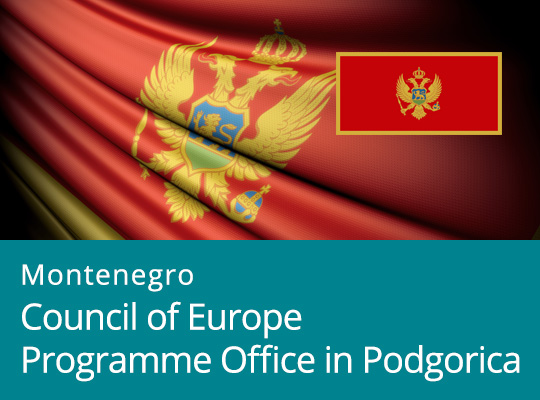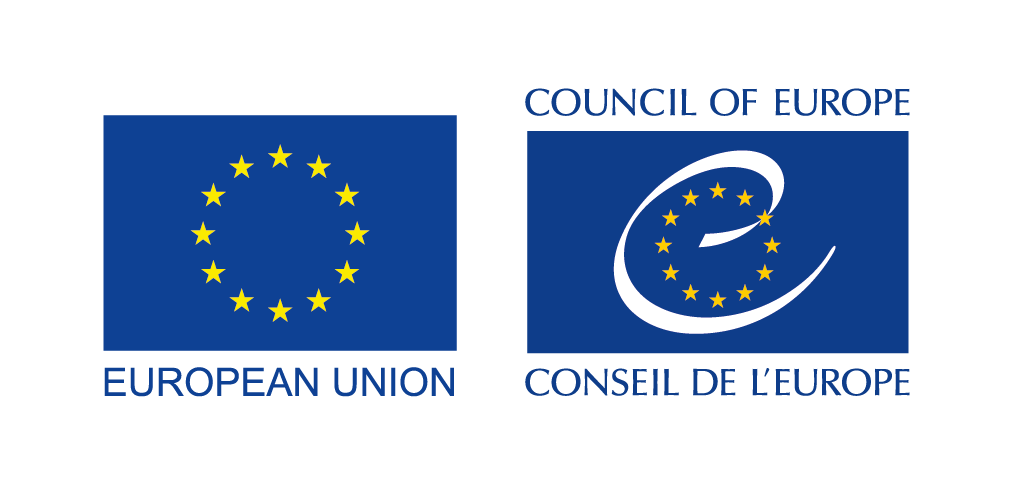ROMACTED Programme Phase II officially started on 1 January 2021 and it will be implemented during the period of four years (48 months).
The European Union/Council of Europe ROMACTEDII Programme will be a natural follow-up to the implementation of Phase I of the ROMACTED Programme in the Western Balkans and Turkey (2017-2020), which will serve to consolidate and expand efforts to improve the integration of Roma populations in local communities through enhanced participation in local policymaking and implementation of local actions. ROMACTED II will continue to assist the local authorities to integrate Roma specific dimensions/measures into the mainstream local policies, action plans related to these policies, budgets and public service delivery, thereby enhancing democratic participation and empowerment of local Roma communities.
The project pursues the following objectives: improving local democracy, accountability, inclusiveness and responsiveness towards Roma citizens and thereby improved delivery of services.
The Programme is designed to build up political will and sustained policy engagement of local authorities, to enhance democratic local governance and to build up capacity and stimulate the empowerment of local Roma communities to contribute to the design, implementation and monitoring of plans and projects concerning them through the following outcomes:
- empowering Roma community - on the individual level (assisting people to practice their basic rights and to expand their capacity and skills), as well as on the community level (assisting people to get organised to voice out their interests around community problem solving);
- improving and expanding the institutions’ commitment, capacities, knowledge and skills in working for Roma inclusion, putting in practice the concepts of good governance;
- contributing to preparation of the local development actions that aim to improve the quality of life for Roma and to reduce the gap between Roma and non-Roma, including in relation to mitigating the effects of the COVID-19 pandemic.
Specific actions include assisting the local authorities to integrate Roma specific dimensions/measures into the mainstream local policies, budgets and public service delivery on their agenda, while enhancing the participation of the Roma citizens in the design, implementation and monitoring of those policies and projects.
The target groups of the project are local public administrations (the elected representatives and relevant officials) and the Roma communities from the selected municipalities. They are also the first short-term beneficiary groups of the project. Overall, the project will target 70 municipalities in the region. The mid- to long-term beneficiaries are the Roma population and the population of the municipality in general.
The programme’s activities (training, coaching, implementation of participatory working cycles, advocacy actions, etc. during key moments of the municipal cycles: planning, budgeting, local decisions, projects, etc.) are meant to support strategic interventions which influence the attitudes, behaviour and actions of the local actors.
One of the leading guidelines in the methodology of the programme is that participation in local governance can only be effective if it is context-appropriate. Thus, a preliminary mapping, assessment, baseline survey and research are done in each selected municipality to facilitate the adaptation of the programme and its support and monitoring of the process.
Additionally to the team working in Strasbourg, the programme will have project staff in the Council of Europe offices in Tirana, Sarajevo, Pristina, Belgrade, Skopje, Podgorica, and Ankara and a support team of consultants from Roma civil society in each of the beneficiaries (hereafter, “Support Team”).
Project partners include the European Union, other international organisations, governmental and non-governmental institutions and organisations dealing with Roma issues.
Programme activities will take place in 7 (seven) Beneficiaries: Albania, Bosnia and Herzegovina, Kosovo*, Montenegro, North Macedonia, Serbia, and Turkey.
In each Beneficiary, a support organisation (hereafter “Support Organisation”) will be responsible for the implementation of the ROMACTED programme, assisting the relevant Support Team consisting of a Focal Point [FP] (proposed by the Support Organisation in this call for proposals), a Financial Support Assistant [FSA] (also proposed by the Support Organisation in this call for proposals), and Facilitators who, together with the support of other Experts (consultants), will work as a team towards achieving the objectives of the ROMACTED methodology. The Support Team will work in close co-operation with, and under the monitoring of, the Project staff based in the CoE field office in each beneficiary.
___________________
More information on the ROMACTED Programme is available at http://coe-romacted.org
____________________
* This designation is without prejudice to positions on status, and is in line with UNSCR 1244/1999 and the ICJ Opinion on the Kosovo Declaration of Independence





